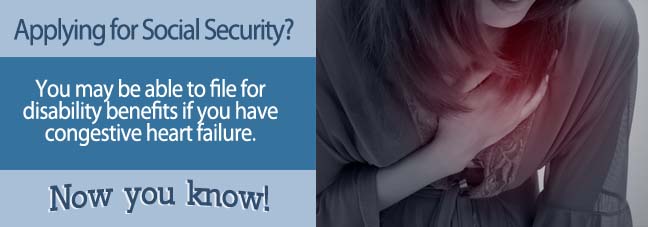One in every four deaths in the United States each year are caused by heart disease. From heart attacks to strokes to atherosclerosis, heart disease can affect a person in a multitude of ways.
Because heart disease is so common and varied, many disability applicants can have trouble getting approved for benefits on their first attempt. This is rather normal and should not keep you from moving forward if you could still use the help. Below, we will discuss the reasons you may have been denied benefits and figure out the next steps you should take.
Potential Causes for Denial
As mentioned above, heart disease references a very large number of disorders that affect the heart. These disorders are listed under Section 4.00 of the Blue Book, which deals with all cardiovascular conditions. There are multiple things you can review on your application to see what does or does not align with Blue Book standards, such as:

- Types of tests received. The Social Security Administration (SSA) requires particular test results in order to qualify applicants for their disorder. For instance, the requirement for “recurrent arrhythmias" requires the presence of “uncontrolled recurrent episodes of cardiac syncope or near syncope, despite prescribed treatment and documented by electrocardiography or other appropriate medically acceptable testing”. This is a medical mouthful and can be difficult to understand and prepare for. Be sure to consult with your physician and be sure that your heart disease is properly proven with medical testing.
- Timing of tests. The SSA is most likely to award benefits when an applicants tests are thorough and up-to-date. Even if nothing has changed since your last diagnostic tests, the SSA must be certain that your current condition is reflected your tests. As a general rule of thumb, most tests are good for 12 months from the date they were taken (including exercise/stress tests) as long as your condition hasn’t changed drastically. However, especially if your initial application was denied, it is always a good idea to consider redoing MRIs, CT scans, RFC forms, or exercise/stress assessments.
Your Disability Hearing
The next step after having your disability application denied is scheduling a hearing. This can be done at your nearest Office of Disability Adjudication and Review (ODAR), which is typically separate than your local SS office. Hearings are presided over by an administrative law judge, or ALJ, who can overturn the decision on your case. Because hearings typically have a rather lengthy wait list, it is best to schedule one as soon as you can.
In the months leading up to your hearing, compile as much evidence as you can to strengthen your case. Use your initial application as a reference to see what else you can provide that will help defend your case. Bring old test results as well as updated ones to show the progression of your condition. Bring written testimonies from your physician, therapy notes, or even in-person testimonies from old bosses, coworkers, or loved ones that can help to defend your case. In general, the more evidence you provide, the more likely you are to receive benefits.
Considering a Disability Attorney
Disability attorneys are statistically proven to improve chances of receiving disability benefits, especially during hearings. They can take the preparation into their hands by readying paperwork, testimonies, and an application defense for your case. Even better, they are completely unpaid unless they help you to win your case.
Consider a free consultation with a disability attorney before your hearing to give yourself the best chance at the benefits you deserve.